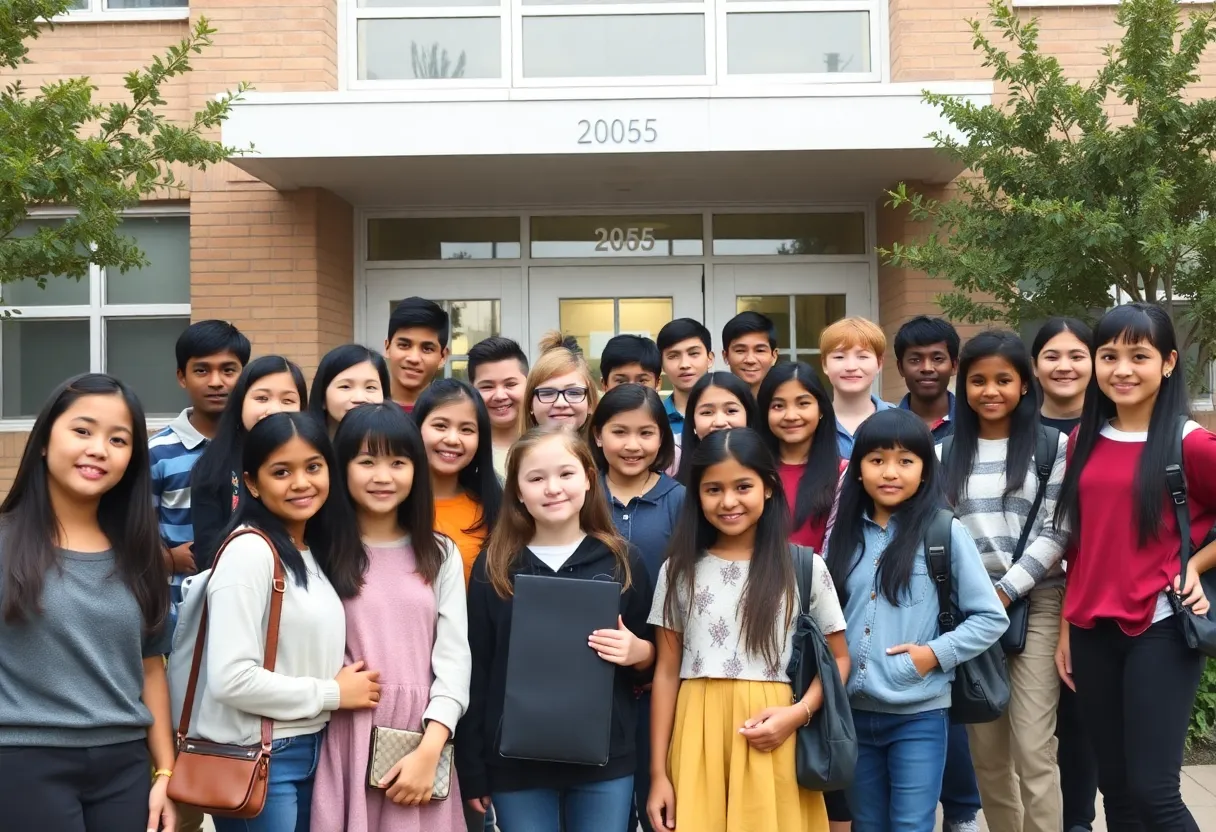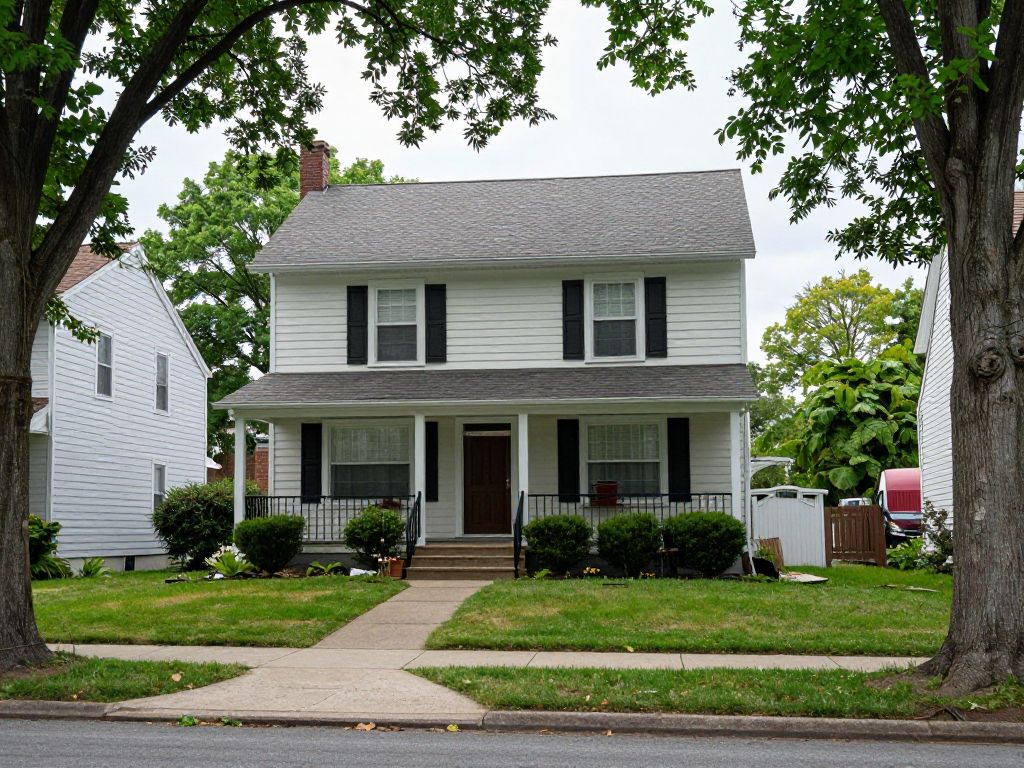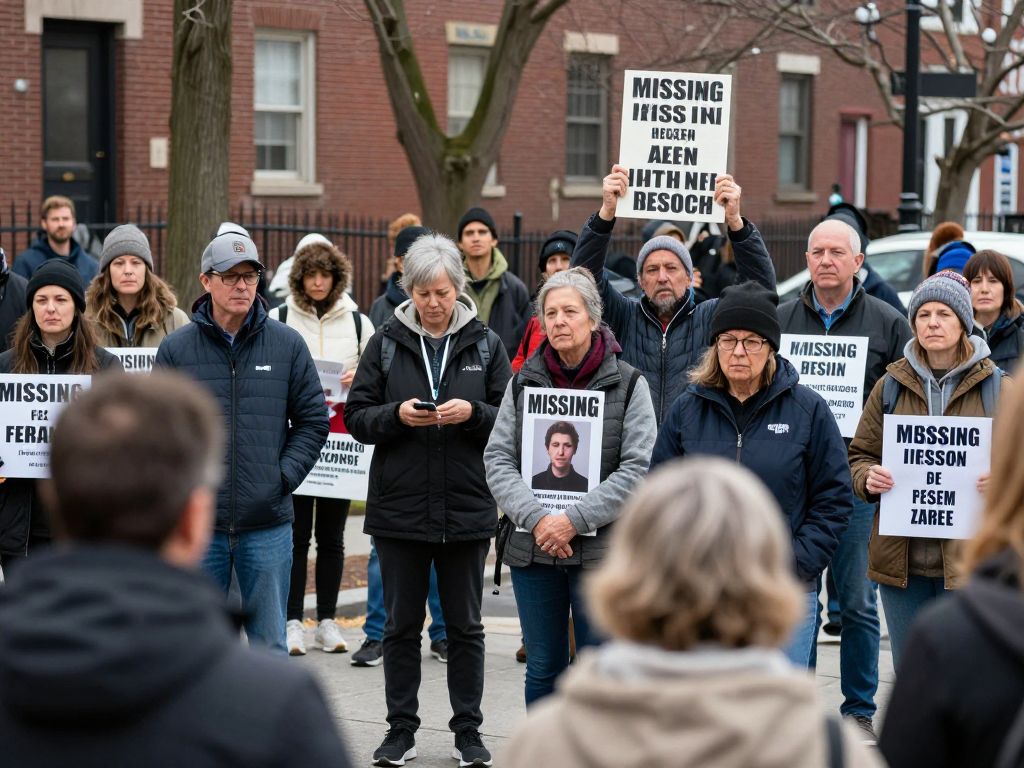News Summary
Boston Public Schools is considering major changes to admissions policies for its exam schools. This move aims to address equity concerns and ensure fair access for all students. Proposed changes include eliminating bonus points for applicants from high-poverty schools and redesigning the admissions tiers to equalize acceptance rates. Feedback from parents is influencing these discussions, as past disparities in admission rates by neighborhood have raised questions about fairness. The review process will continue into summer 2024, with a vote anticipated in the fall.
Boston Public Schools Consider Changes to Exam School Admissions Policies
Boston Public Schools leaders are considering significant alterations to the admissions policies for three prestigious exam schools—Boston Latin School, Boston Latin Academy, and the John D. O’Bryant School of Math and Science. These proposed changes come in response to growing equity concerns and aim to ensure that admission processes provide equitable access for all students.
Among the most notable suggestions is the elimination of bonus points currently awarded to applicants who attend high-poverty schools. Additionally, there are proposals to redesign the socioeconomic “tiers” for admissions such that each tier has the same admission rate. Another suggested change is to move to a citywide competition for a designated number of seats, rather than the current tier-based system.
Simulations conducted on these proposed changes indicate that they would likely result in a higher allocation of seats for white and non-low-income students, raising concerns about whether these revisions achieve the intended goal of greater equity. Any modifications to the admissions process will require approval from the School Committee and come on the heels of a previous overhaul conducted five years ago.
Current Admissions Policy and Its Impact
The existing admissions policy was designed to enhance demographic representation in the exam schools, aiming to mirror the diverse population of Boston. In recent years, disparities in admission rates based on residential areas have been identified, with some neighborhoods boasting a 100% admission rate while others see rates drop below 50%. These discrepancies have prompted discussions on fairness and access.
Current data shows a decline in the number of Black students being admitted to these schools compared to previous years, leading district staff to delve deeper into the implications of the admissions process. The existing tier system divides the city into four socioeconomic tiers, allowing students from each area to compete for an equal number of available seats in the exam schools.
Feedback from parents has played a pivotal role in shaping the discussions around these policies, as many have called for reforms to address existing inequities within the admissions process. This community input is critical as the School Committee considers abandoning school-based bonus points to ensure that evaluations focus more directly on each student’s socioeconomic status rather than the characteristics of their school.
Complexity of the Current Admissions Process
Superintendent Mary Skipper has pointed out that the complexity of the current admissions policy may create confusion for families, potentially placing certain students at a disadvantage in this competitive process. According to simulations, the removal of bonus points could streamline the admissions process and enhance clarity for applicants and their families.
The examination of these proposed changes is set against a backdrop of evolving legal standards involving selective school admissions nationwide. The Boston schools’ review will encompass community engagement throughout summer 2024, with a superintendent recommendation and a potential vote by the School Committee anticipated in the fall of 2024.
Historical Context and Future Considerations
These proposed changes follow a significant overhaul of the admissions process undertaken in response to the disruptions caused by the COVID-19 pandemic. This previous reform aimed to enhance socioeconomic diversity at the exam schools. A recent Supreme Court ruling declined to address challenges regarding race-neutral admissions policies, reflecting broader trends in discussions around educational equity across the United States.
As Boston Public Schools navigate these potential revisions, the importance of ensuring that exam schools remain accessible to all students, particularly those from lower-income backgrounds, stands at the forefront of this ongoing dialogue about educational opportunity and equity.
Deeper Dive: News & Info About This Topic
HERE Resources
Boston City Council Questions Museum Tax Exemptions
Additional Resources
- Boston Globe: Boston Public Schools Consider Changes to Exam School Admissions Policies
- Wikipedia: School Admissions
- Dot News: New Data Drive Review of City Exam School Admissions
- Google Search: Boston exam school admissions
- Boston Herald: Boston School Committee Considers Edit to Exam School Admissions Policy
- Google Scholar: Socioeconomic Diversity in School Admissions
- The Hill: Supreme Court Boston School Admissions
- Encyclopedia Britannica: Education
- Reuters: Supreme Court Rejects Boston Case Over Race School Admissions
- Google News: Boston Exam School Admissions Policy

Author: STAFF HERE BOSTON WRITER
The BOSTON STAFF WRITER represents the experienced team at HEREBoston.com, your go-to source for actionable local news and information in Boston, Suffolk County, and beyond. Specializing in "news you can use," we cover essential topics like product reviews for personal and business needs, local business directories, politics, real estate trends, neighborhood insights, and state news affecting the area—with deep expertise drawn from years of dedicated reporting and strong community input, including local press releases and business updates. We deliver top reporting on high-value events such as Boston Marathon, Head of the Charles Regatta, and Boston Harborfest. Our coverage extends to key organizations like the Greater Boston Chamber of Commerce and Associated Industries of Massachusetts, plus leading businesses in finance, biotech, and insurance that power the local economy such as Fidelity Investments, Biogen, and Liberty Mutual Insurance. As part of the broader HERE network, we provide comprehensive, credible insights into Massachusetts's dynamic landscape.





